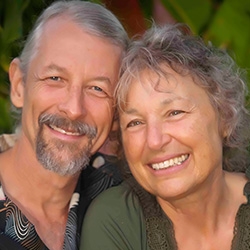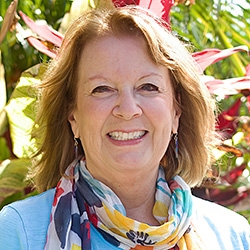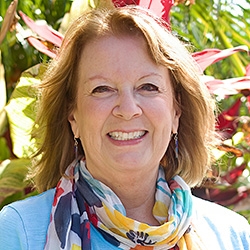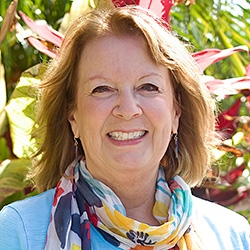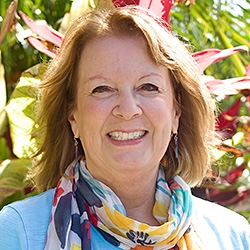

NVC Resources on Observation
-
Expressing ourselves honestly is sometimes scary because we can't predict where the conversation will go after we've made ourselves vulnerable. This recording will demonstrate how the power of our honesty is enhanced by ending on a clear and present request.
-
Trainer Tip: When do we move from using the formal 4-step process of NVC to a more idiomatic, natural-sounding expression? Whenever we're ready!
-
Trainer Tip: Be aware of opportunities to be honest holding the intention to connect with people. If you do this with the elements of brevity, directness, and respect, you can increase your chances of being heard. If they don't like your honesty, consider switching to empathizing with them by listening to their feelings and needs.
-
Shared story has been a way for groups to unite in opposition to a common enemy. But more divergent and virulent beliefs/stories swirl through the internet and social media, facilitating people to polarize against one another. So notice when you're caught in a polarizing story; try shifting focus to observing your mind; somatic presence; underlying commonality; consciousness as universal need, energy, and spaciousness; and the natural compassion and generosity that flow from this.
-
Miki works with a course participant to transform begrudging attendance at a mandatory meeting into the possibility for collaboration, more connection where little is expected and focus on clarity of purpose for meeting in the first place.
-
The NVC Circle of Life is a mandala illustrating the process and consciousness of Nonviolent Communication. Mandala literally means "sacred circle" and symbolizes wholeness, balance and harmony.
-
Master the conversational dance through real-life NVC role play, modeling, and dialogue practice.
-
Who does not want to be understood? In Tip #6, Eric shows you how to deepen connection and trust by checking your understanding with the person you are conversing with.
-
Trainer Tip: Making a request is critical because it can greatly lessen any tension in the situation. Plus, it can clarify for you and the people in your life what it would take to meet your need. Make at least one specific and doable request to someone today.
-
Trainer Tip: A request completes the communication by stating specifically what we would like from someone else to meet our need. Without this clarity, our communication can be confusing and can easily be seen as a demand. When people know what you want, you have a better chance of meeting your needs. Make clear, specific, doable requests of people, and see if this increases the chance of meeting your needs. Read on for an example.
Quick Links

Stay in Touch!
We value your privacy, won't share your email address and you can easily unsubscribe any time.

